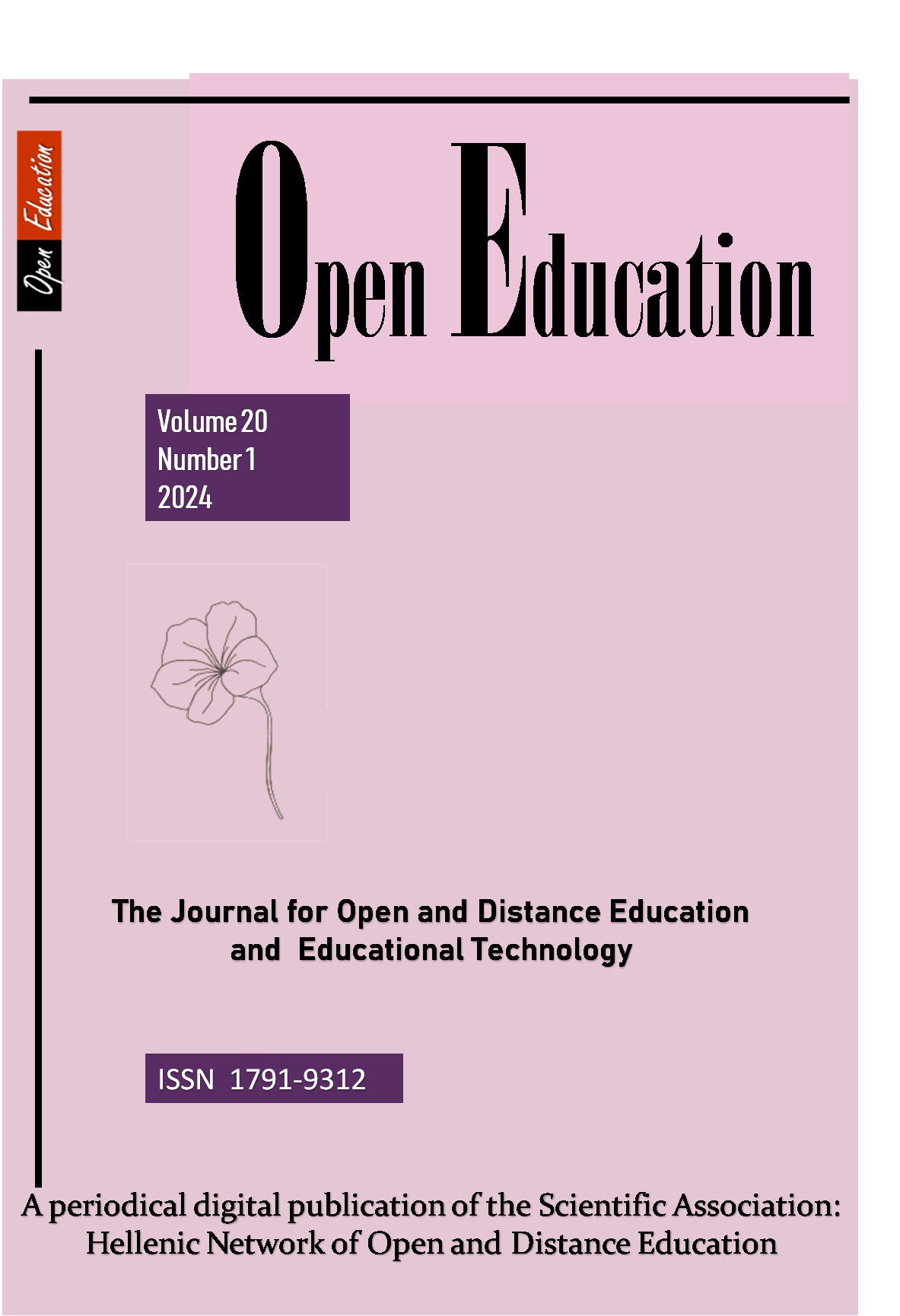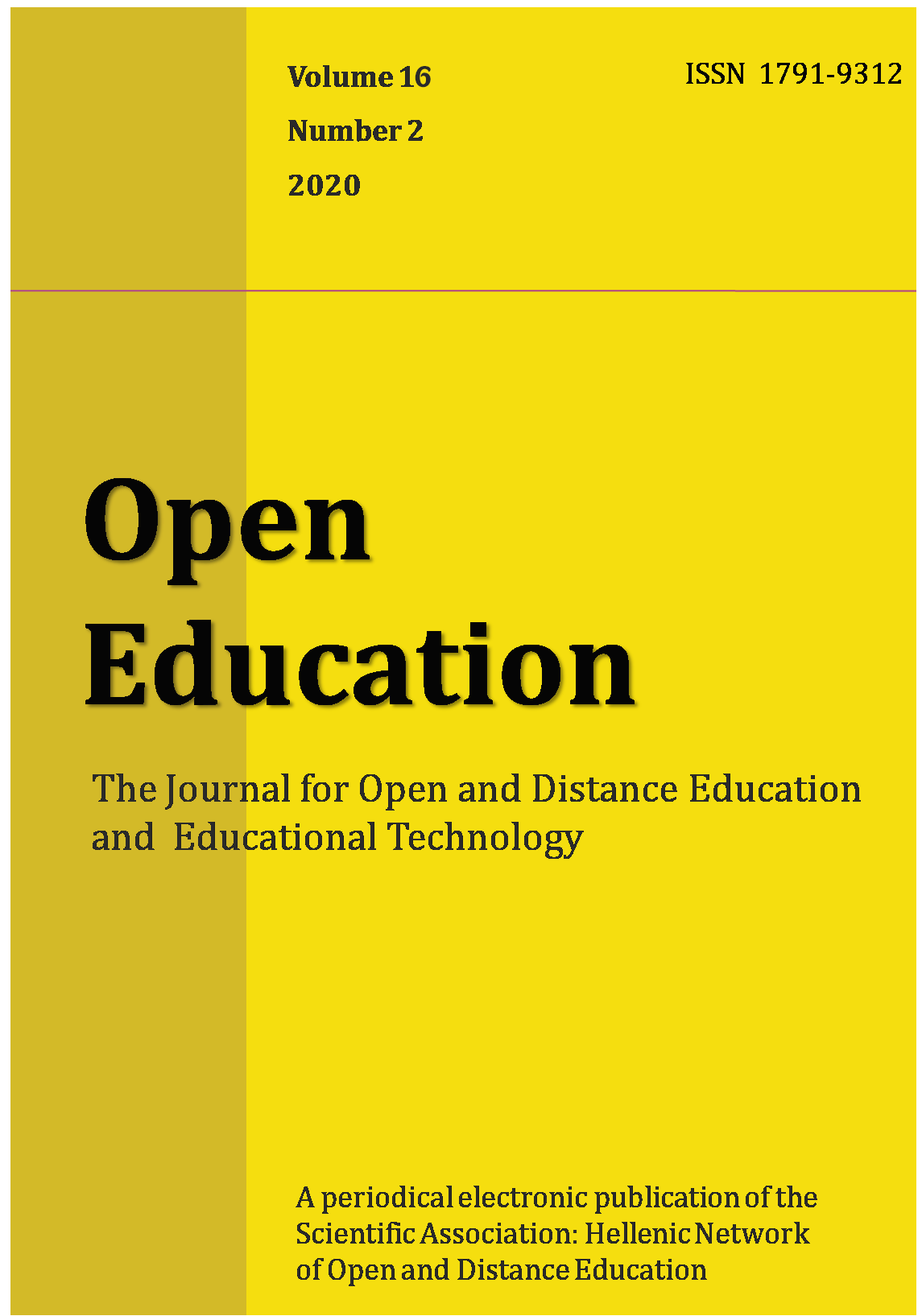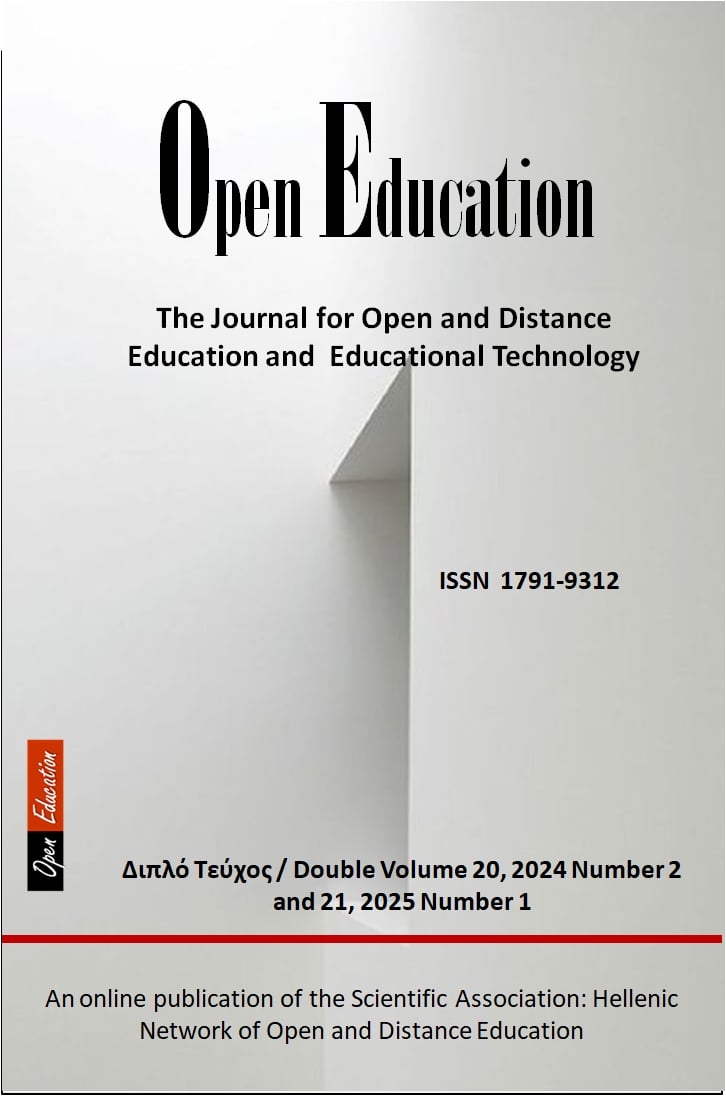Beyond the Shadows: Strategic Divergence and Unchartered Waters for Universities

Abstract
Institutions will not only look different 2050 – they must be different in design, mission, foci and culture. Differentiation will be a competitive advantage. Institutions need faster decision making processes that engage all stakeholder groups and reflect sound judgment. Leadership, agility, and adaptation are the key attributes for institutions to respond to any emerging changes in market conditions, crises, and society in the future. This is a proactive repositioning rather than the naïve mindset of striving for reactive rhetoric of future proofing. Institutions must stay connected with their local markets, constituencies and take responsibility for helping all of these be successful and embrace both excellence and access as part of scaling new strategic opportunities such as Massive Digital Hybrid Learning (MDHL). Universities will need to realign their geopolitical roles in society, preserve and advocate for democracy, human rights, freedom, justice, and ethical and moral uses of digital techologies, particularly social media. A.I. represents an augmentation of human intelligence and creativity not a replacement for human beings. We end where we should always begin in education and that is with optimism and hope. Hope is a belief in the possible and the possibilities for universities in the future are unlimited if we work together collectively to improve the human condition, open the educational doors of access to everyone, and embrace the democratic ideals of human rights, equality and justice and serve as a voice for freedom and peace.
Article Details
- How to Cite
-
Olcott, Jr., D. (2024). Beyond the Shadows: Strategic Divergence and Unchartered Waters for Universities. Open Education: The Journal for Open and Distance Education and Educational Technology, 20(1), 7–28. https://doi.org/10.12681/jode.37975
- Section
- Articles

This work is licensed under a Creative Commons Attribution-NonCommercial-ShareAlike 4.0 International License.
Copyright Notice
Authors who publish with this journal agree to the following terms:
Authors retain copyright and grant the journal right of first publication with the work simultaneously licensed under a Creative Commons Attribution Non-Commercial License that allows others to share the work with an acknowledgement of the work's authorship and initial publication in this journal.
Authors are able to enter into separate, additional contractual arrangements for the non-exclusive distribution of the journal's published version of the work (e.g. post it to an institutional repository or publish it in a book), with an acknowledgement of its initial publication in this journal.
Authors are permitted and encouraged to post their work online (preferably in institutional repositories or on their website) prior to and during the submission process, as it can lead to productive exchanges, as well as earlier and greater citation of published work.




